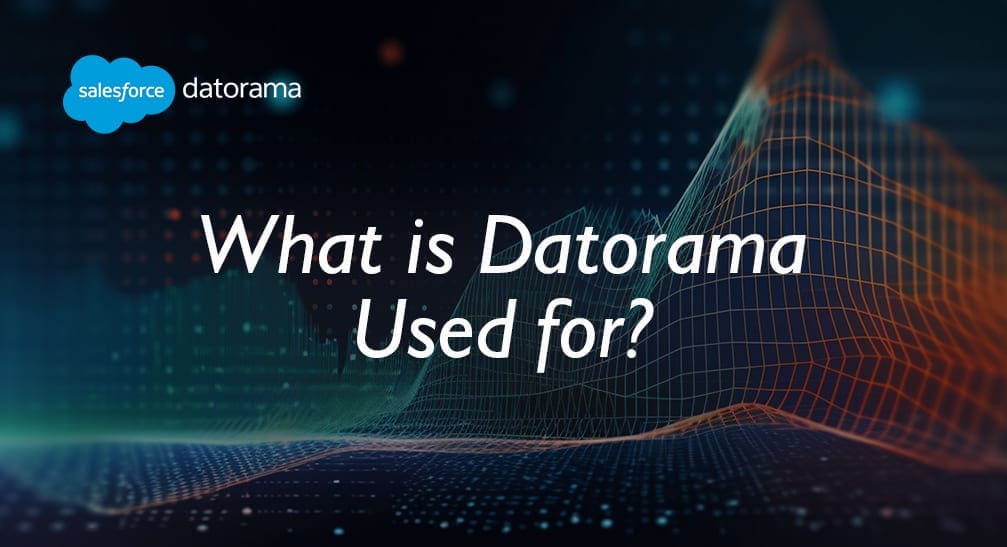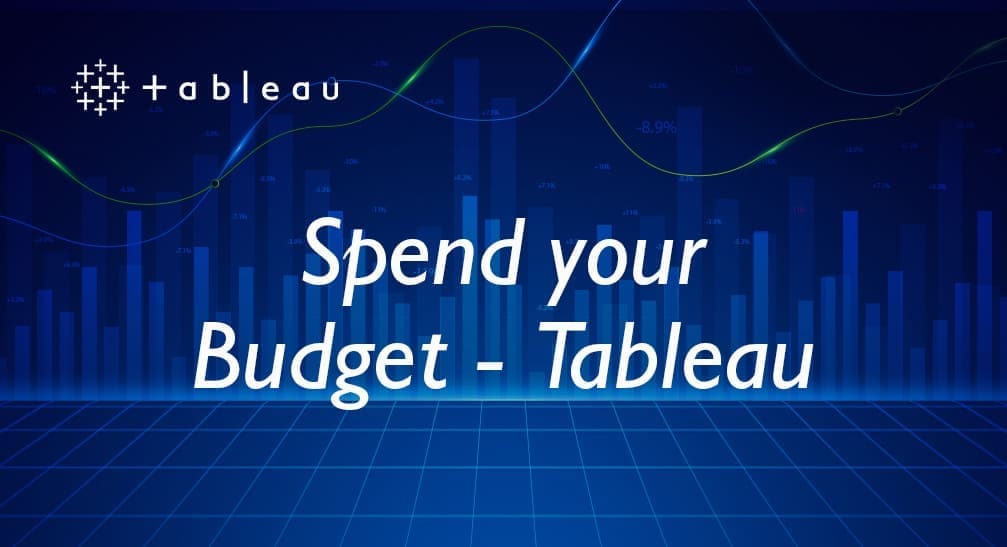In recent years, CRM Analytics, Datorama, and (most recently) Tableau, have been added under the Salesforce umbrella to enhance its offering.
But why does Salesforce need so many analytics platforms? What are the differences between Tableau, CRM Analytics and Datorama? What are these platforms used for?
Yes, there similarities between the three: each can create visualizations, integrate data, and employ Artificial Intelligence to power decision-making. The differences, though, include how each focus on those areas and what exactly you want to visualize, integrate, or decide.
Let’s investigate further…
Datorama, now known as Marketing Cloud Intelligence
Datorama is a fully managed, cloud-based solution for marketing analytics. What makes it special is the way data ingestion is structured.
With other tools, you are free to load whatever data you’d like but this can create a lot of issues. Datorama’s powerful data mapping makes sure you plot the right field to right data set or type. Once that is correct, Datorama’s rules are easy to implement, regardless of what marketing data ingested.
Further, the platform’s mapping and harmonization modules make it the perfect tool to load data of different granularity from different places and convert it into a neat, consumable table. With the report creation and export option, Datorama can create a report, push it to a cloud space (like S3 or an FTP), and ask another tool (like Tableau) to consume it.
Additionally, with its Media Cost Center, you can automate media cost derivation and impact by associating advertising data with your media plan to calculate cost.
Tableau
Tableau is ideal for data exploration and ad hoc analysis. Tableau makes it easy to build custom visualizations with native options and quickly provides insights from essentially any data sources.
Also, Tableau is fast. Without a single line of code, you can connect to your data and start a query. This high performance combined with quick extraction equals blazing fast answers.
There are some downsides, though. It’s ETL and data modeling isn’t perfect and, while its visuals can be customizable, there is no CSS/HTML support to build a unique UI.
Further, multilevel drilldown capabilities make Tableau unique among other leading tools, including Datorama.
Regarding its ETL capability, Tableau makes it easy to do basic joins and unions within the desktop application. For larger data flows, Tableau Prep is needed.
Tableau supports both cloud and on-premises implementation. It cloud-base version, Tableau Online, is fully hosted and served by Tableau, but can be slightly expensive. Tableau Server is the on-premises version that allows customers to own the engine and install in their own server or cloud.
Lastly, Tableau has always been at the forefront of community building. Platforms like Tableau Public have made the entry barrier almost zero, and invites data lovers to explore visualization. With visuals on virtually any topic, it has grown into one of the best data visualization galleries in the industry.
CRM Analytics
CRM Analytics is a form of Tableau that focuses on Salesforce data. It is ideal for quick embedding and action on data. This native tool makes it the only BI platform that can connect and fetch activities within Salesforce CRM.
Also, its integration with Einstein Discovery brings augmented analytics to the fold, which uses Natural Language Generation to create and display automated insights. CRM Analytics Dashboards easily embeds to your Salesforce CRM homepage, which makes it easy for end users to consume data.
Currently, CRM Analytics supports simple-to-medium customization of background colors and image placements. But when compared to the customization capabilities of Tableau or Datorama, CRM Analytics takes a backseat.
The Bottom Line
There are certainly similarities with these tools, but each is only effective for its specific purpose. Your unique case, constraints, and needs will determine which one is right for you.
About Decision Foundry
Decision Foundry is a Salesforce, independent software vendor, managed services provider, and a certified award-winning Salesforce Marketing Cloud integration partner. Decision Foundry closes the gap between data accessibility, platform adoption and business impact. Our consulting services include the integration of Data Cloud, Account, Engagement, Personalization, Tableau, and Intelligence.


